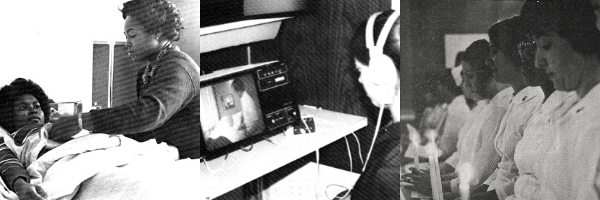Date of Award
2024
Document Type
Dissertation
Degree Name
Doctor of Nursing (ND)
First Advisor
Dr. Teresa Hamill
Abstract
Human Immunodeficiency Virus (HIV) is an epidemic in the United States that has affected millions of people since the 1980s and yet there is still no cure for the disease. Mississippi has growing rates of new HIV infection with African Americans bearing a great proportion of the burden of contracting HIV infection. HIV is prevalent in the Deep South with newly infected individual rates increasing yearly. There are approved medications, pre-exposure prophylaxis (PrEP) with a 99 percent efficacy if taken correctly that is highly effective in reducing the transmission of HIV infection in at-risk individuals. The purpose of this quality improvement project was to determine if healthcare providers would gain knowledge from education regarding evidence-based guidelines for HIV PrEP medications. It was also to determine if gaining knowledge on the management of PrEP would affect confidence and result in self-reported practice change. Educational sessions were conducted for healthcare providers in the Mississippi Delta. A pretest questionnaire and pre-intervention survey were completed by participants before the educational session. The participants completed the post-test immediately following the session. Participants were given one month to implement changes in their clinical practice before the administration of the post survey. Frequency distribution tables and intervals in statistics were utilized to compare the two independent samples. It was determined that there was a statistically significant increase in the management of HIV PrEP resources following the sessions with 90.00% of participants prescribing PrEP. It was also noted that 83.33% of participants reported making a change to their routine 5 clinical practice as a result of the educational session. This project supports the need for continued education for healthcare providers regarding guidelines such as these to improve the quality of care for the at-risk population.
Recommended Citation
Chandler-McDuffy, Kajuandra, "Improving Knowledge and Utilization of PrEP by Healthcare Providers in the Mississippi Delta" (2024). DNP Projects. 19.
https://athenacommons.muw.edu/dnp/19


